How to Publish Negative Results (And Everything Else in Your Lab Notebook)
Get your data out here! Learn about several venues that publish solid data, even if they don’t support your hypothesis or tell a story.
Join Us
Sign up for our feature-packed newsletter today to ensure you get the latest expert help and advice to level up your lab work.

Get your data out here! Learn about several venues that publish solid data, even if they don’t support your hypothesis or tell a story.

Are you facing working from home? Find out how to prepare and stay productive.

DOIs got you confused? Find out what they are and how to use them.

PubMed has had a makeover. Find out where your favorite features have moved to and what’s changed in this shiny new version.

Have you got a plasmid that others are begging to use? Perhaps your cell line is in high demand? We’ll show how using a repository can take the hassle out of sharing your reagents.

Working from home but don’t have a garage lab? We’ve got 10 ideas to keep you productive while you’re working away from the bench.

When I was in school, I absolutely hated giving talks. I was a really nervous presenter, my heart would start beating faster, my face would go red, my hands would shake…even my voice would tremble! Since then I’ve made some big breakthroughs, and now I absolutely love giving talks and lectures. Here are my top…

Reproducibility is a cornerstone of scientific research and your results need to be reproducible not only by yourself but also by others, both in and outside of your laboratory. This reproducibility is key for validation of your results as well as to further expand on the knowledge gained during the experiment. In order to accurately…

We’ve created an alternative, centrifugation-based method for the purification of cell-free DNA (cfDNA) that utilizes a benchtop clinical centrifuge.

We’ve all been there. You’re looking to replicate a result you have read in a paper, or maybe even one that has come from someone else in your own lab. But try as you might, you can’t get your head around the less than effective lab protocol that’s been provided. Or, worse still, you are…

I have been teaching scientific laboratory courses for years. While I was an undergraduate student, I worked as a laboratory teaching assistant for Organismal Biology and volunteered for “Super Science Saturday’s” to educate youth through science demonstrations. I gradually moved on to universities that allowed me to independently instruct students in Anatomy and Neuroscience. Today,…

When developing an assay, whether it is for basic research or for use in diagnostics, you will often be asked about your assay’s sensitivity. This is perhaps one of the most important performance characteristics you can determine for an assay, and in regulated work, such as in vitro diagnostic (IVD) development and clinical diagnostics, it…

Keeping a meticulous lab record of your experiments is a necessity. And it’s drilled into us to back up our computers, including backups stored in different locations to ensure vital records don’t get lost. But how do we protect the hard copy information in our lab books? You may not have given much thought previously…

Working late nights or weekends in the lab—we’ve all been there. Why isn’t your cell culture considerate enough to get to exponential phase during normal business hours, anyway? Maybe you just need utter peace and quiet while you pipette hundreds of wells worth of stinky beta-mercaptoethanol. Or perhaps you’re using your wealth of microbiology knowledge…

Growing up in Australia, I remember a common phrase: ‘only in America’. Sometimes this was in reference to bizarre cultural events or phenomena but it was generally accepted that the USA was an extraordinary place, where everything was bigger, brighter, and more outrageous. America has fostered a culture of big ideas and innovation, partly because…

Have you ever wondered what it would be like if someone helped you step-by-step through your job search? A good recruiter does exactly that! Recruiters provide value to job-seekers by reviewing resumes, finding jobs that may be a good fit, and providing interview tips. But how does that process work? In this article we’ll cover…

Here we take you through 7 of the best science software apps that can save you time and money!

Does your laboratory resemble the nest of an overly enthusiastic laboratory rat that went on a scavenger hunt and squirrelled away all that it has found? Do you find yourself playing Jenga with stacks of Petri dishes and freezer boxes? Have you ever attempted to decipher the meaning of the mysterious string of numbers on…

Although we do our best to keep undergraduate students involved in experiments, they are often just in it for a letter of recommendation. Here are some ways to help them enjoy their lab experience and keep them invested in the projects. 1. Maintain Mutual Respect: The relationship between primary investigators (PI) and undergrads differs slightly…

At some point you have to leave small-scale cell lysis and move to large culture volumes for experiments currently in vogue, be it microarrays, total RNA libraries, or large-scale pull-downs for interactome or metabolome analysis. And at this point, you have to change your lysis method from an on-the-bench in eppendorfs to one capable of…
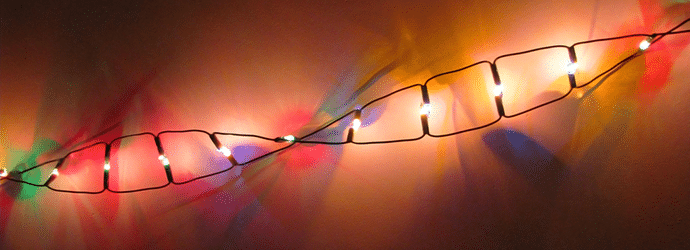
Designing and running PCR reactions in the lab has become so commonplace that the number of primer design tools available can be a bit overwhelming for a beginner (or even an experienced molecular biologist!). Below are four of my favorite online programs available to make primer design quick, easy, and effective. A quick note before…

I received a very late diagnosis of Asperger syndrome, when I was already twenty. Before that, I was ashamed of my “social awkwardness”, but my passion for life sciences and research relieved me of my sorrow. After I learned about my condition, I was able to self-accept and be proud of myself (and continued to…

How do you explain to your friends and family what you have you’ve been working on all this time? Conveying the true wonder and intricacy of your work to the layperson can be tricky. They won’t be familiar with the lingo, and they might not immediately know how to interpret scientific graphs and figures. You…

Biologists have a long tradition of drawing specimens as a form of data collection before the invention of the camera. The ability to present information in the form of illustrations is an important but often understated skill in a scientist’s toolkit. Scientific illustrations in publications run the gamut from schematics, 3D models, cartoons, and even…

Not every lab has the cash to shell out on fancy equipment. We share some trusty lab hacks and welcome you to share your own with us.

Pipetting all day? Scrolling and scrolling through Excel columns trying to make sense of your data? Spending hours at the microscope because your boss wants Nature-worthy pictures? It’s not uncommon that performing lab work forces you into unhealthy postures, and after a day at work your spine begs for mercy. How Your Posture Suffers on…
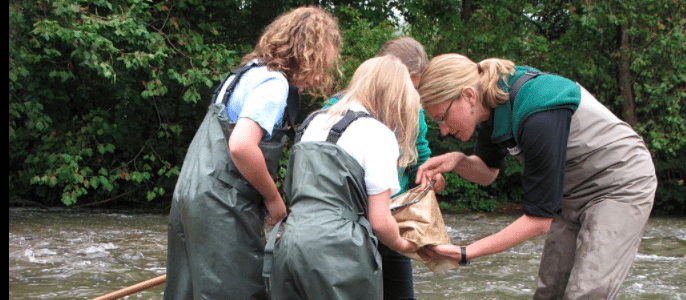
Universities are often organized by faculties, colleges, schools, and/or departments. So, as an academic, you often work closely with colleagues studying similar subject areas. A common interest, however, often transcends the boundaries of this organizational structure. Enter scientific special interest groups. What Are Scientific Special Interest Groups? Scientific special interest groups are member-led initiatives within…
Transitioning from a PhD in Biotechnology to the industry of my choice (scientific communication and marketing) involved an intense period of application and rejection. Every time I got a rejection letter, I feared that the industry probably did not want fresh graduates like me, that they wanted someone with years of experience. These were moments…
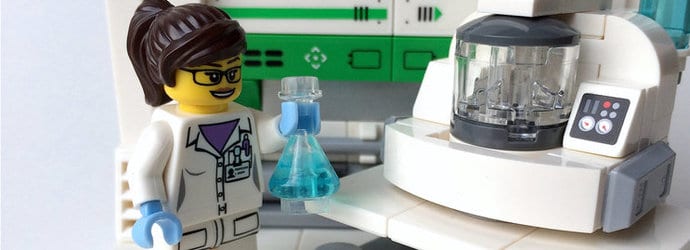
There are many examples of the impact of physician-scientists on translational research. Dr Barry Marshall swallowed a steaming culture of Helicobacter pylori which eventually resulted in antibiotics curing peptic ulcer disease. However, the process of training these individuals is as effortless as training fish to ride bicycles. Our journeys into the laboratory have been equally…

So you’ve discovered the Holy Grail all life scientists in your field are searching for – congratulations! The dollar signs start appearing and you realize that there is a huge scope for commercializing your research. But before you can actually collect the rewards, you need to have been thinking tactically about how to protect your…
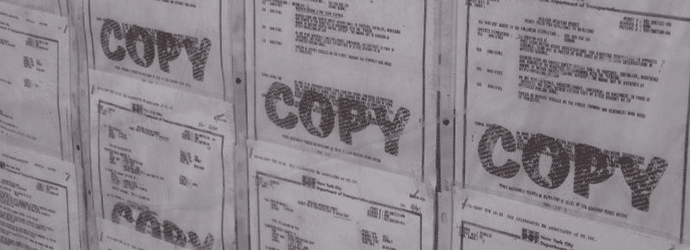
Excellent research takes time and effort, and a publication is your chance to showcase your hard work. While your main motivation might be to share and discuss your results, your methodology section is key to the reproducibility of your work, acting as a foundation for other researchers to repeat and build upon your findings. In…
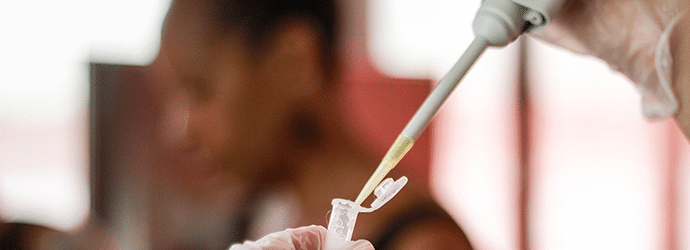
As scientists, we are trained to design an experiment with the bigger picture in mind; the ultimate goals being to publish quality data and demonstrate scientific rigor. However, sometimes you need to focus on the little things, such as perfecting control and experimental samples, incubation times, and ordering reagents to truly ensure that you obtain…

I was so excited to start using 384-well plates for my assays. With so many wells, these plates are useful for testing many conditions in parallel, as required in ELISAs, siRNA library screens, and drug treatment dilutions. However, I quickly learned that pipetting in these plates is more complicated than I thought. This article contains…
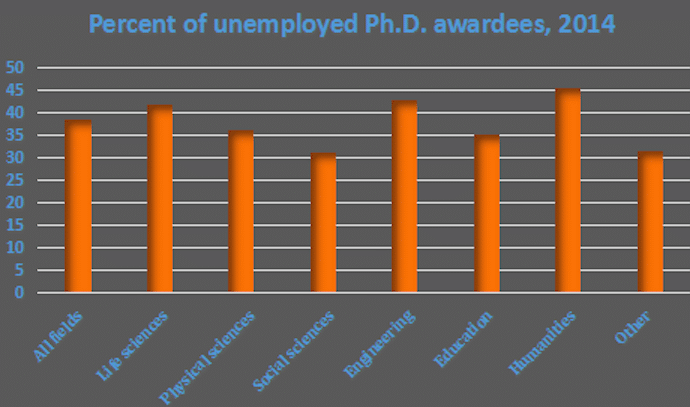
Obtaining your doctorate is one of the toughest academic and professional tasks that you can take on. The stats on future employment in academic science careers are horrifying at worst or misleading at best. At the same time, many argue that we need more scientists with a PhD.1,2 With these statistics, it might be time to…
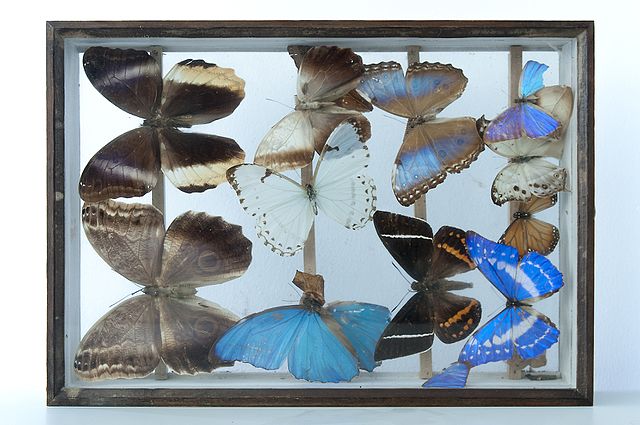
Picture it: 6:00 pm on a Friday night. You have one or more experiments running. Maybe you’re doing a western blot, or following a staining protocol for an immunohistochemistry experiment, or just labeling tubes. But rather than working on active experiments, you’re helplessly searching through the lab drawer for that one pair of forceps, that…

Pipettes are not just fancy handlebars for your tips, they are essential for precisely measuring and dispensing liquids. These standard ‘tools of your trade’ enable you to accurately repeat experiments, validate results, make important comparisons between projects and eventually publish that outstanding paper. But there are a few pipette pitfalls. And they don’t just trap…

As a newly-minted PhD, I began my postdoc with wild fellowship dreams. I set a schedule, applying to 1-2 fellowships a month. Research experience and broader impacts were a breeze. Research strategy and specific aims, with help from my new PI, solidified quickly. For weeks, however, my “training potential” document remained empty. At first, I…

If you compare a biologist with a cook and the lab with the kitchen, the pipette will be analogous to the most important cooking tool – the knife. But while the knife’s design has remained more or less the same since man moved from stone to metal some five to twelve thousand years ago, laboratory…

A lot of people today are drawn to freelancing and want to become a freelance writer. There are great benefits when you work from home (like doing work in your pajamas) or wherever you feel most comfortable. The appeal is even greater when you count in that you make your own hours and you are…
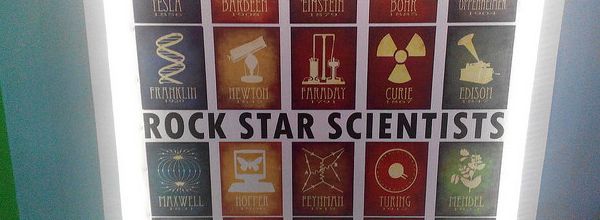
You made it. You got into the grad school of your dreams! You worked hard, you spent hours working on your application, bravely navigated your way through the interview and you now are here. So, why do you feel like maybe you shouldn’t be? Why You Might Suffer From Impostor Syndrome The dreaded impostor syndrome:…

The eBook with top tips from our Researcher community.